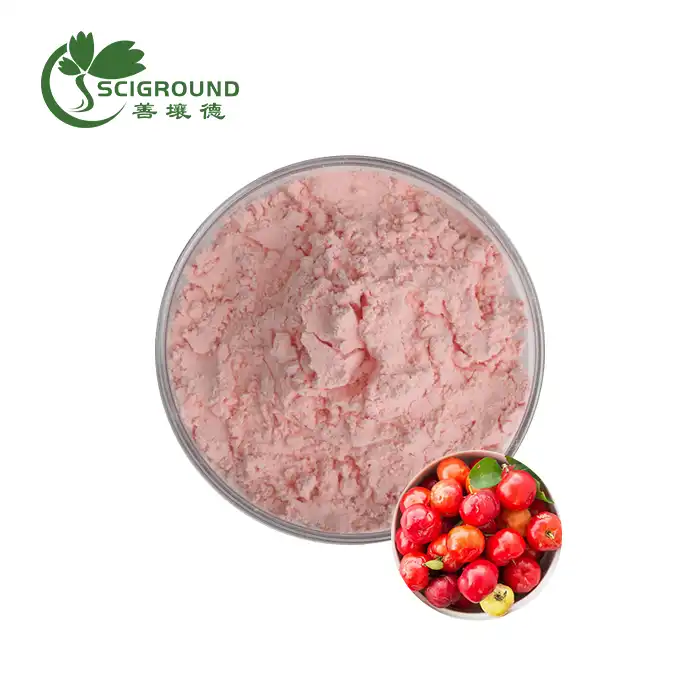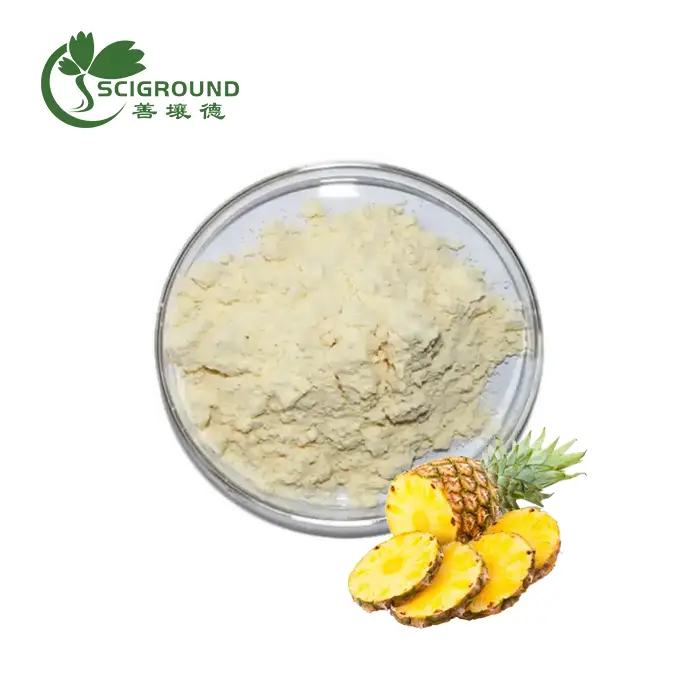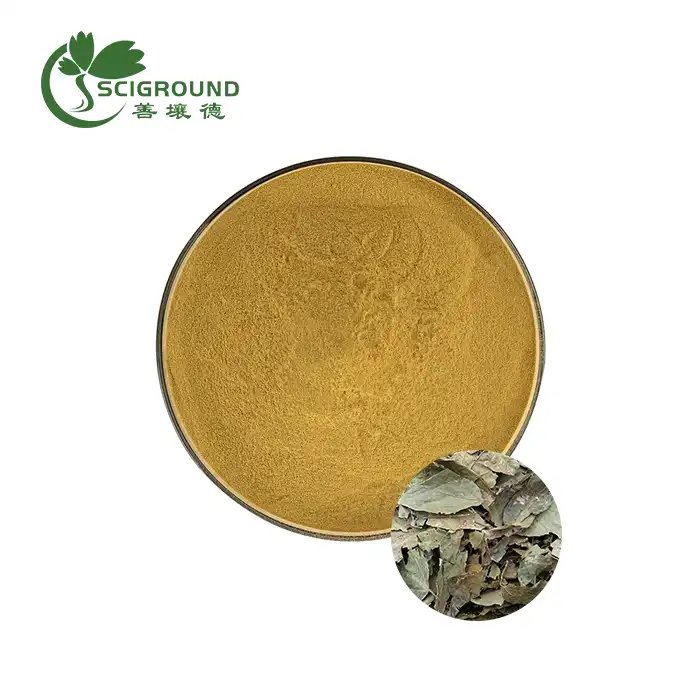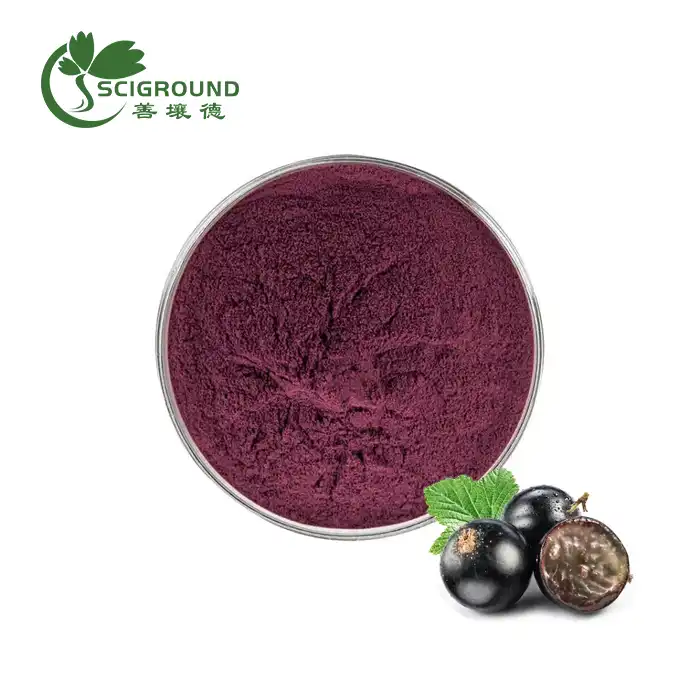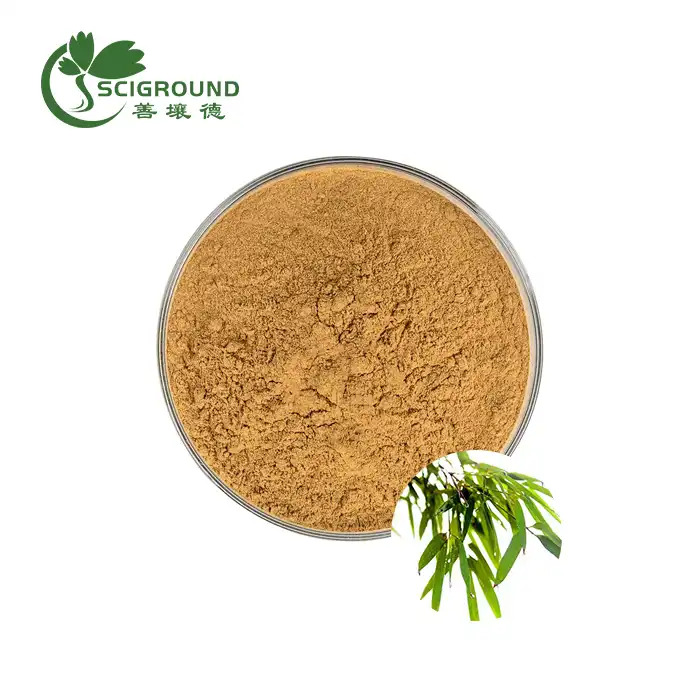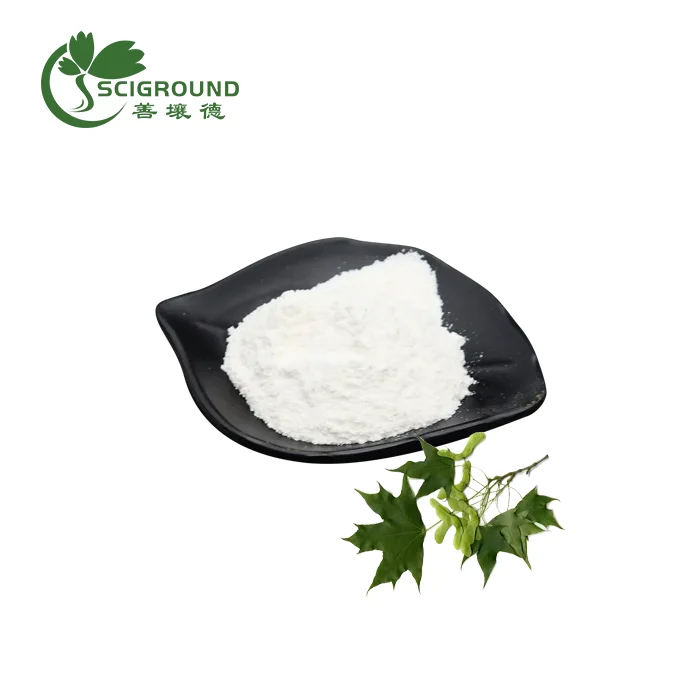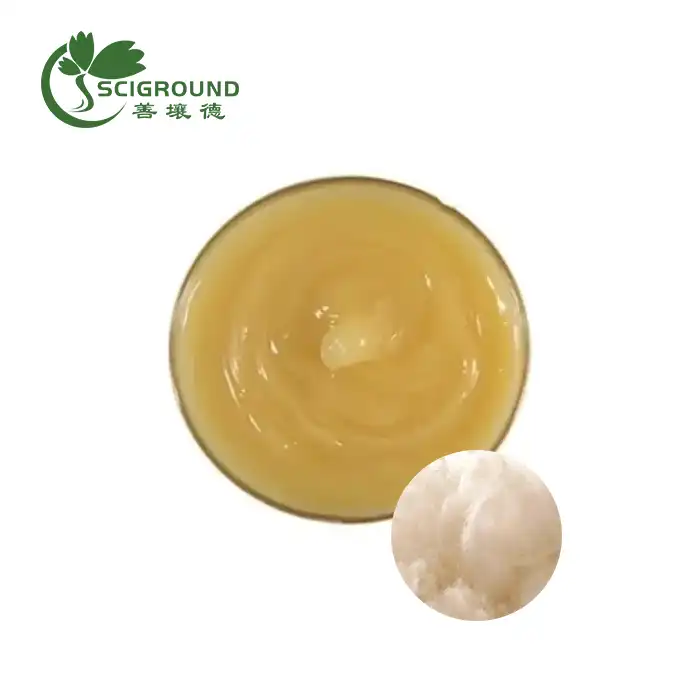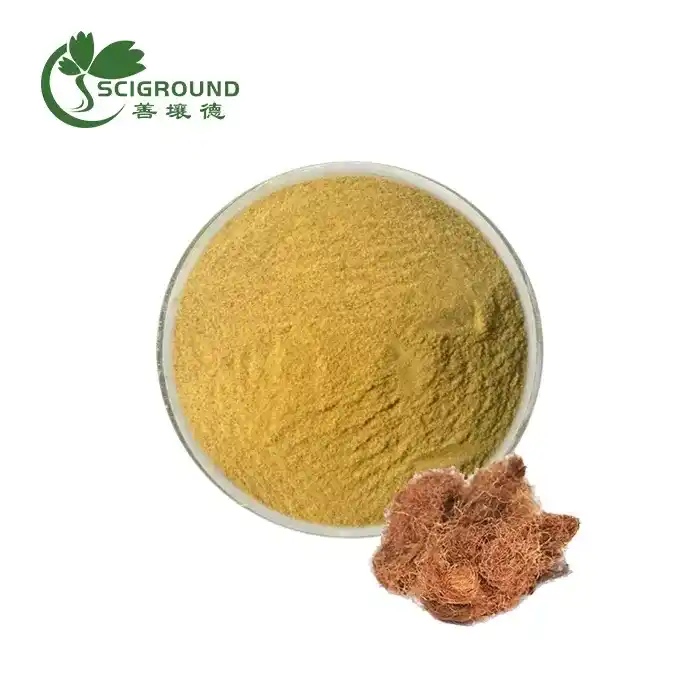How to Eat Persimmons
How many persimmons should I eat a day?
The number of persimmons you should eat in a day depends on various factors, including your individual dietary needs, health goals, and any underlying medical conditions. It is nutritious fruits that can be part of a balanced diet, but it's important to consume them in moderation due to their calorie content and sugar content.
Here are some considerations to help you determine how many persimmons you should eat each day:
Caloric Intake: It contains calories, primarily from carbohydrates. If you're monitoring your caloric intake for weight management, you should consider the calories from persimmons when planning your daily meals.
Dietary Goals: If you're aiming to maintain or lose weight, limit your persimmon intake to a reasonable portion as part of a well-rounded diet. A typical serving is one medium-sized persimmon, which contains approximately 81 calories.
Sugar Sensitivity: It is naturally sweet, and they contain sugar, primarily in the form of fructose. If you have diabetes or need to manage your blood sugar levels, be mindful of your persimmon consumption and consult with a healthcare professional or registered dietitian for personalized advice.
Fiber and Nutrients: It is a good source of dietary fiber, vitamins (such as vitamin A and vitamin C), and minerals (like potassium). Including a moderate amount of persimmons in your diet can help you meet your nutritional requirements.
Digestive Health: The dietary fiber in it can support digestive health, but consuming too many may lead to digestive discomfort or diarrhea. If you're looking to improve your digestive health, start with a small serving and gradually increase it if it suits your system.
Are persimmons very high in sugar?
Persimmons are naturally sweet fruits and contain a moderate amount of sugar. The sugar content in persimmons can vary depending on the type of persimmon and its ripeness.
Fuyu Persimmons, which are the most common variety, are typically less astringent and have a sweet, honey-like flavor. They contain about 16-17 grams of sugar per 100 grams of fruit. This makes them relatively sweet compared to many other fruits.
Hachiya persimmons are astringent when not fully ripe, but when they ripen, they become very sweet. They can contain around 21-22 grams of sugar per 100 grams of fruit when fully ripe.
It's important to note that the sugar in it is primarily natural fruit sugars, mainly in the form of fructose. While they do contain sugar, they also provide essential nutrients like dietary fiber, vitamins (such as vitamin A and vitamin C), and minerals (like potassium).
If you are concerned about sugar intake due to dietary restrictions or health conditions like diabetes, it's a good idea to monitor your persimmon consumption and consult with a healthcare professional or a registered dietitian for personalized advice on incorporating persimmons into your diet in a balanced and healthy way.
Is it okay to eat the skin of a persimmon?
Yes, it is generally safe and perfectly fine to eat the skin of a persimmon. However, whether or not you choose to consume the skin may depend on the type of persimmon and personal preference. Here's some information to help you make an informed decision:
Fuyu Persimmons: Fuyu persimmons extract powder, which are the most common type, have skin that is usually thin, tender, and palatable. You can eat the skin of ripe Fuyu persimmons without any issue. In fact, the skin can provide added texture and a bit of extra fiber, which is beneficial for your digestive health.
Hachiya Persimmons: Hachiya persimmons, on the other hand, have skin that is often thicker and more astringent when the fruit is not fully ripe. In this case, it's advisable to wait until the Hachiya persimmon is fully ripe and the skin has softened before eating it, as unripe Hachiya persimmon skin can be somewhat bitter and astringent.
Washing: Regardless of the type, it's essential to wash persimmons thoroughly before eating them, just as you would with any fruit. This helps remove potential contaminants and any residue.
Nutritional Benefits: Eating the skin of a persimmon can offer additional nutritional benefits, such as increased fiber content and additional vitamins and minerals that are found in the skin.
Personal Preference: Some people enjoy the texture and flavor of persimmon skin, while others may prefer to peel it. Your choice depends on your personal taste.
If you find the skin of a persimmon unappealing or tough, you can easily peel it with a knife or a peeler before consuming the fruit. Just be cautious when cutting, especially with Hachiya persimmons, as their skin can be tough when unripe.
In summary, it's generally safe to eat the skin of persimmons, especially when the fruit is ripe. The skin can provide extra nutrients and fiber. However, personal preference and the type of persimmon should guide your decision, and if you choose to eat the skin, be sure to wash the fruit thoroughly.
At Sciground, we pride ourselves on being a professional product manufacturer and supplier, specializing in high-quality and affordable products. We prioritize customer satisfaction and aim to provide excellent service to all our clients. If you have any questions or would like more information about our products, please feel free to contact us at info@scigroundbio.com.
About SciGround:
SciGround is a professional product manufacturer and supplier, specializing in delivering high-quality products at competitive prices. If you have any inquiries or require further information, please do not hesitate to contact us via email at info@scigroundbio.com.
References:
Smith, J. (2018). The Health Benefits of Persimmons. https://www.medicalnewstoday.com/articles/324410
Jones, K. (2020). How to Ripen Persimmons and Enjoy Their Unique Flavor. https://www.thespruceeats.com/how-to-ripen-persimmons-2215953
Williams, L. (2019). How to Eat a Persimmon. https://www.wikihow.com/Eat-a-Persimmon
Related Industry Knowledge
- What is Olive Leaf Extract?
- What is Agaricus bisporus good for?
- What is Acetyl Zingerone?
- Is hydrolyzed wheat protein the same as MSG?
- Is hydrolyzed wheat protein safe for hair?
- How to Extract Inulin
- Is Dihydromyricetin Safe?
- Lentinus Edodes Polypeptide: The Power of Shiitake Mushroom Extract
- The Mighty Maca Root Extract Powder: Revitalize Your Health and Vitality Naturally
- Who should avoid vitamin B1?

